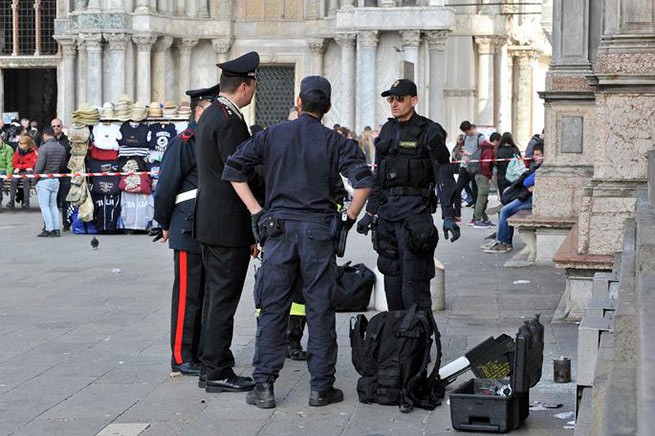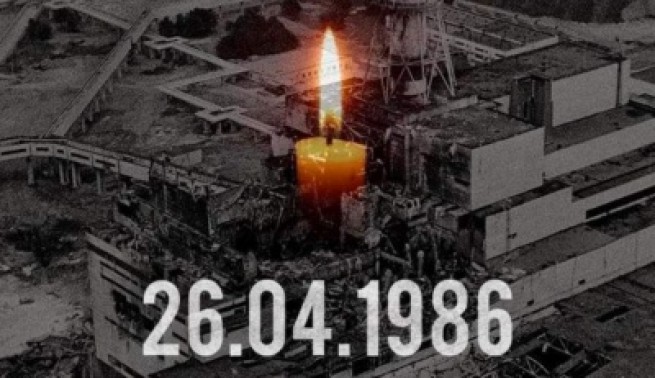Volodymyr Zelensky called for the use of frozen Russian assets for the restoration of Ukraine, writes the Financial Times, but legally this is not easy, if not impossible. Adherents of Western values are scratching their heads in search of a “legitimate” way to spend the reserves stolen from Russia.
Western leaders have yet to find a legal mechanism that will ensure legitimacy and maintain credibility. Last week, Volodymyr Zelensky, in a heartfelt speech at the World Economic Forum, urged the West to use the frozen assets of the Russian central bank and oligarchs, worth an estimated $500 billion, to rebuild Ukraine. ˂…˃
Many Western leaders seem to agree with him. Chief negotiator EU Josep Borrell recently said that there is “its own logic” in using Russian foreign exchange reserves to restore Ukraine. And the President of the European Commission, Ursula von der Leyen, in response to Zelensky’s appeal in Davos, said that Russia “must also make its contribution.” This fuels political rhetoric. But the dirty secret of the WEF meeting is that all these calls are causing personal anxiety among members of the Western corporate and financial elite.
Not because they don’t sympathize with Ukraine’s plight or are unwilling to admit that the cost of rebuilding will be enormous. The problem is that the law simply does not provide for an appropriate procedure. Although most believe that helping Ukraine and punishing Russia are strong moral arguments, transferring other people’s assets to another is by no means the same as freezing them. Without a coherent and transparent structure, Western governments face either years of costly litigation or loss of the trust that underpins all their politics and economics.
As Zelensky himself noted, now that the markets are shattered, “values” are more important than ever. “We’ve been told for decades that the West is for the rule of law. That’s why we invested in it,” said one leading non-European sovereign investor.
Of course, many Western observers — and Ukrainians themselves — will argue that this is a secondary issue, given the horrors of Russian military action. But I think those who are concerned about the rule of law are right. How to solve this issue? The leaders have no answer. Von der Leyen told the WEF this week: “Our lawyers are actively working to find solutions for how the frozen assets can be used.”
Other lawyers who care about Ukraine are also examining existing tools to see if they can be repurposed for this purpose. One of the ideas that is literally in the air is to use the vast US civil tort law and demand damages to Ukraine from the American assets of the oligarchs. Plaintiffs in France and the Netherlands are also considering this option.
Another way – take advantage of arbitration processes under a number of little-known Russian-Ukrainian direct investment agreements from the 1990s, which provide for damages in case of causing economic damage. In addition, the US administration could ask Congress for clear legislative powers and freeze Russian foreign exchange assets. The US president could even use the International Emergency Economic Powers Act of 1977 to transfer assets to US bank accounts, drawing on precedents from the 1980s on Iran.
However, one of the most interesting ideas was proposed by Kyiv, where they quietly prepared a memorandum calling for the creation of a new UN commission for the “constitutional, legal, transparent and effective” freezing and seizure of the assets of all those involved in armed aggression. And if the conflict in Ukraine becomes a kind of testing ground, then there is hope that the created global structure will be used for other conflicts in the future.
Good news “Kyiv is also aware that the rule of law is needed. Many Ukrainian businessmen adhere to the same opinion. Billionaire Rinat Akhmetov said this week he would sue Moscow for “damages and lost profits” from the destruction of his assets in Mariupol, including the Azovstal steel plant. Even better, Ukraine’s ideas will certainly be welcomed. “A clear international framework for sanctions would improve the current situation where they are introduced more or less randomly,” said one Western lawyer familiar with the draft memorandum.
But there is also bad news: Russia will veto in the Security Council and prevent the creation of a UN commission. The idea of applying the US Emergency Powers Act of 1977 is legally controversial, and a new one is unlikely to be passed quickly. If we do not say goodbye to the rule of law and the right to property, then Russian assets will certainly remain frozen for many years to come, or we will face endless legal battles.
None of these prospects are in any way attractive. But the last two are perhaps the best of the worst. Unless, of course, von der Leyen finds a legal mechanism or, even better, the UN accepts Kyiv’s sound proposals. Be that as it may, it is safe to say that fat fees are waiting for lawyers soon. This is the reality of kinetic and economic warfare in the 21st century.
PS Zelensky has already stated that the restoration of Ukraine will require 750 billion US dollars. Russian assets will amount to a maximum of 300 billion, and who will pay the rest? Given the growing crisis in Western countries, inflation and rising prices, there are big doubts that the collective West will go to such expense. Unless, of course, there is something and where to restore …







More Stories
Today the world remembers the accident at the Chernobyl nuclear power plant
Poll: which European countries are ready to defend their homeland to the last
K. Mitsotakis announced readiness for the fire season